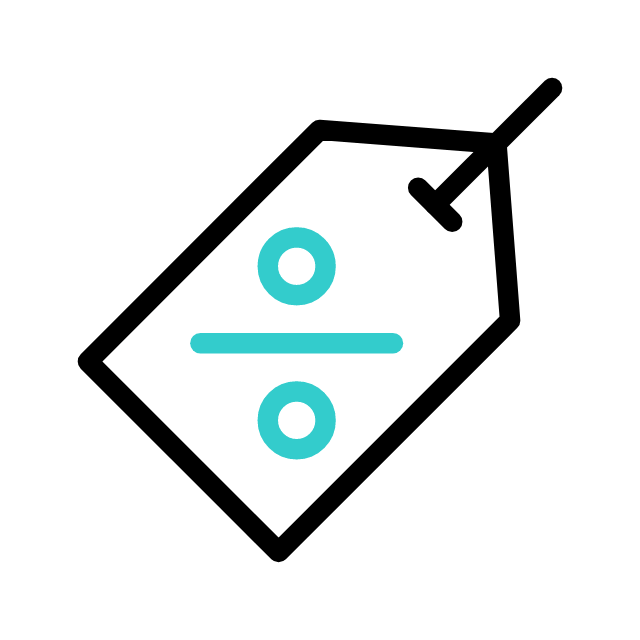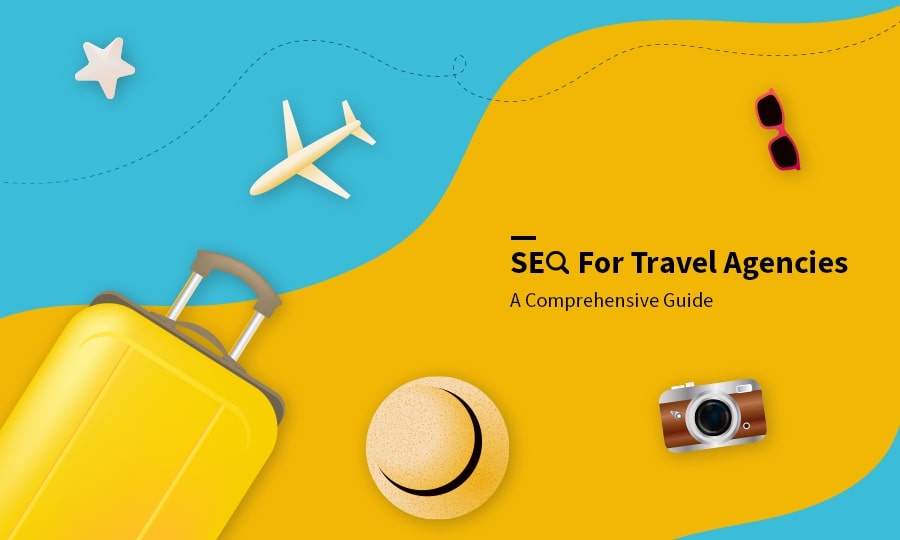In today's competitive travel market, efficiency, personalisation, and easy communication are no longer nice-to-haves; they are must-haves. Every successful travel agent and tour operator knows that the key to long-term success is to build strong relationships with their clients. That's when a CRM for travel business makes a difference.
But you can't just use any CRM. The best solutions are the ones that take into account the needs of travel professionals. This blog talks about what makes a CRM for travel business really useful, why agents love them, and how to pick the best one for your business.
What is a CRM for travel business?
Customer Relationship Management (CRM) software helps companies take care of and grow their relationships with customers. A CRM for travel business goes even further by customising features to fit the specific needs of travel agents and tour operators.
Everything is in one place now, so you don't have to deal with spreadsheets, sticky notes, emails, and booking systems. A good CRM for travel business can do everything from managing leads and sending quotes to keeping track of payments and follow-ups.
Why Travel Agents Are Using CRM
Personal connections have always been very important in the travel business. Clients today expect technology to help those relationships. These are the main reasons why travel agents are using a CRM:
1. All client data in one place
A good CRM for travel business keeps all of a customer's information in one place, including their contact information, trip history, and preferences. This makes it easy to give each customer a unique experience at every point of contact.
2. Workflows that run themselves
You can automate tasks that you do over and over, like sending confirmations, reminders, and requests for feedback. This gives agents more time to do what matters: make travel experiences that people will never forget.
3. Tracking leads and turning them into customers
Don't ever let a possible customer slip through the cracks. A CRM for travel business keeps track of every lead from the time they ask about a trip until they book it. Follow-ups happen on time and in a regular way, which greatly increases conversion rates.
4. Managing payments and invoices
When CRMs work with payment systems and invoicing tools, they make mistakes and delays less likely. This keeps the money coming in and the customers happy.
5. Reports and Analytics
A data-driven CRM for travel business gives travel agencies information about sales trends, customer behaviour, and team performance, which helps them make better business decisions.
Things That Make a CRM for Travel Business Too Good to Pass Up
Not every CRM is the same. The best ones for people who work in travel come with a lot of tools that are useful in the field. Agents and operators can't do without these tools:
Itinerary Builder
You can quickly and easily plan a beautiful trip with an easy-to-use itinerary builder. Clients get proposals that look professional and are easy to read and approve.
Integration of bookings
A good CRM for travel business works with booking systems like GDS, Amadeus, or airline APIs so that you can manage bookings without having to switch systems.
Client Portals
Allow travellers to log in and see all of their travel plans, bills, and updates in one place. Clients like that a client portal makes things more professional and lets them do things on their own.
Templates for emails
Pre-made templates for quotes, follow-ups, and thank-you notes save time and make sure that everyone on the team sends the same messages.
Access on the go
A mobile-ready CRM for travel business makes sure that important data is always available, whether you're on the go or at your desk.
Real Stories: What Tour Operators Like About CRM
A lot of tour operators say that using a dedicated CRM for travel business has made a big difference. Here’s what some are experiencing:
Faster Bookings:
Bookings that used to take days now take minutes because all of the client information and booking tools are in one system.
Better Teamwork:
Everyone on the team can see the same information, which cuts down on misunderstandings and missed chances.
More Repeat Business:
Customised follow-ups and offers keep travellers coming back.
How to Pick the Right CRM for travel business
Choosing the right CRM is very important. Here are some important things to think about:
Simple to Use
It should be easy to use the interface. Agents and support staff should be able to use the system without having to learn a lot of new things.
Features for Travel
Find a CRM for travel business that was made for the travel industry, not one that tries to fit in with other systems.
Ability to integrate
The best CRMs work well with other tools you already use, like email platforms, booking engines, and accounting software.
Customization Options
Every travel company is different. You should be able to change the CRM to fit your branding, workflow, and business model.
Help and training
It's very important to have reliable support and onboarding resources. Pick a provider that has customer service that is always there and regular training.
Avoid Mistakes When Choosing a CRM
Travel companies often choose systems that are too complicated, too general, or too expensive. How to stay away from common mistakes:
– Don't buy too many features; not all of them are useful. Put your team's and customers' needs first.
– Don't sign long-term contracts right away. Instead, start with a trial or a month-to-month plan.
– Don't Use Generic Tools: A CRM for a travel business is made to know what your problems are. Platforms that are not specific can't keep up.
CRM and the Future of the Travel Industry
Things are changing quickly in the travel world. People want things to be flexible, easy to reach, and tailored to their needs. The right CRM for a travel business helps travel agents and tour operators stay flexible in a market that is always changing.
As competition gets tougher, people who invest in CRM technology will be better able to adapt, grow, and keep their loyal customers.
FAQs (Frequently Asked Questions)
What does it mean for a CRM to be "travel-specific"?
A CRM for travel business has features that are useful for travel agents and tour operators, like planning itineraries, booking integrations, and automated travel communications.
Can a CRM help small businesses?
Of course. Even solo agents can stay organised, automate tasks, and manage client relationships better by using a CRM for their travel business.
Is it costly?
There are cheap options that work for businesses of all sizes. The time and money saved by using a CRM for travel business usually outweighs the cost of buying it.
Does it need technical skills?
Not always. Most modern platforms have easy-to-use interfaces, drag-and-drop tools, and full support to help you get started quickly.
Conclusion
In a crowded and fast-paced market, the best way to stand out is to always give your clients great service. A dedicated CRM for travel business gives agents and tour operators the tools they need to do just that. The right CRM isn't just a tool; it's the foundation of a successful travel business. It can help you work more efficiently and build stronger relationships with customers.
If you're still using spreadsheets and other tools that aren't very useful, now is the time to find out how a CRM for travel business can help.

 Start your Travel Business with Our 7 Day Free Trial Website!
Start your Travel Business with Our 7 Day Free Trial Website!





